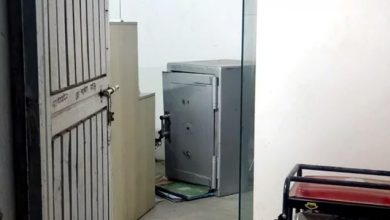
With dengue cases on the rise nationwide, especially in the capital, the Directorate General of Health Services (DGHS) recommends an initial dengue test when a fever is present, and informed that hospitalization is not necessary for every patient but should be considered when certain symptoms emerge.
For patients with comorbidities such as diabetes, hypertension and cancer, the DGHS suggests immediate hospitalization if dengue is contracted. It has issued several indicators that necessitate hospitalization for dengue patients. The signs include severe abdominal pain paired with extreme thirst, persistent vomiting and instances of bleeding or black stools.
Furthermore, bleeding from the gums or nose, an absence of urination for several hours and difficulty breathing, due to all these symptoms, need for immediate medical attention.
Other factors that may necessitate hospitalization include diarrhoea accompanied by extreme weakness, or if the patient falls into certain high-risk groups, such as pregnant women, newborn babies, the elderly and those already suffering from diseases like diabetes or kidney disease. An unusually low body temperature should also prompt immediate hospital care. If these symptoms are absent, the DGHS says, treatment can be taken at home.
The DGHS further advises that if patients are exhibiting no warning signs, can consume sufficient liquid food and are able to urinate at least once every six hours, they should opt for complete rest at home.
Along with regular food, a sufficient amount of orsaline, coconut water, fruit juice and soup should be consumed.
The DGHS also advises all not to take any painkiller other than paracetamol for dengue. Adults can take up to a maximum of three grams or six 500-milligram tablets daily for fever or pain.
The DGHS added that children should be given medication according to a doctor’s recommendation. In addition, the body should be wiped with lukewarm water to reduce fever.





